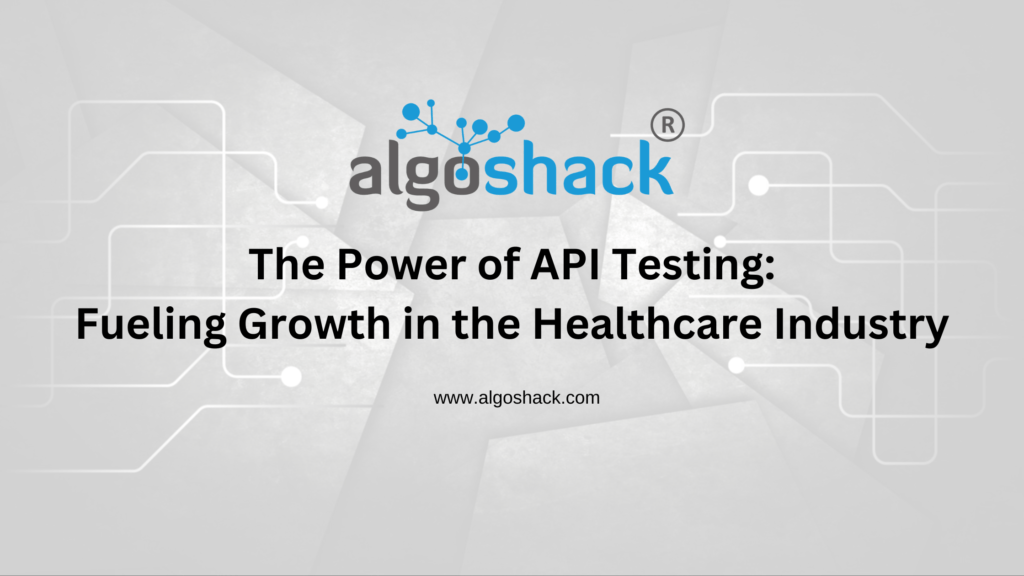Application Programming Interfaces (APIs) are crucial in empowering seamless communication between various software components. An API is a bridge allowing different systems to exchange data and functionality. As industries continue to evolve and leverage technology for growth, API testing becomes a critical component. In this blog, we will explore the significance of API testing in both the healthcare and application industries and how it contributes to their growth and success.
Importance of API Testing in the Healthcare Industry:
The healthcare industry is witnessing a digital revolution, Integrating software solutions that improve patient care, streamline administrative tasks, and enhance medical research. APIs are instrumental in ensuring that various healthcare applications and systems communicate effectively, ultimately leading to better patient outcomes. API testing in healthcare brings several benefits:
- Feature Integration: Applications often rely on third-party APIs to incorporate additional features. API testing is essential to verify that these integrations work seamlessly, enhancing the user experience.
- Interoperability: The healthcare sector employs several software systems and devices from different vendors. API testing guarantees that these components can seamlessly interact, enabling healthcare professionals to access the required information without a hiccup.
- Data Accuracy: In healthcare, precision is paramount. API testing ensures that data exchanged between applications is accurate and consistent, reducing the risk of medical errors due to incorrect information.
- Efficiency: Efficient communication between healthcare applications reduces administrative workload, allowing medical staff to focus on patient care. API testing helps identify bottlenecks and ensures data flows smoothly, enhancing operational efficiency.
- Compatibility: With many devices and operating systems available, applications must work consistently across different platforms. API testing helps ensure that the API endpoints remain compatible, delivering a uniform experience to users.
- Security and Compliance: Patient data must be handled with the utmost care. API testing helps identify vulnerabilities and weaknesses, ensuring that healthcare APIs meet rigorous security and compliance standards, such as HIPAA (Health Insurance Portability and Accountability Act) in the United States.
- Scalability: As applications grow, the number of API requests increases. API testing can uncover performance bottlenecks and scalability issues, allowing developers to optimize and prepare for growth.
Significance of API Testing in the Healthcare Industry:
API testing in the healthcare industry is significant to drive innovation and progress. It enables healthcare organizations to harness the power of data and technology to improve patient care, streamline operations, and enhance research efforts. It empowers developers to deliver robust applications that can seamlessly connect with external services, providing an enriched user experience. By ensuring the seamless integration of healthcare applications, API testing contributes to the growth of this vital sector and staying competitive.
Conclusion:
API testing is not just a technical process; it is a catalyst for growth and success in both the healthcare and application industries. In healthcare, it ensures data accuracy, interoperability, security, and efficiency, leading to better patient care and operational excellence. In the application industry, API testing drives feature integration, compatibility, scalability, and quality assurance, resulting in user satisfaction and market success.
To experience the transformative power of API testing and its role in your industry’s growth, we invite you to book a free demo. Don’t miss the opportunity to unlock the potential of API testing and propel your business forward.



